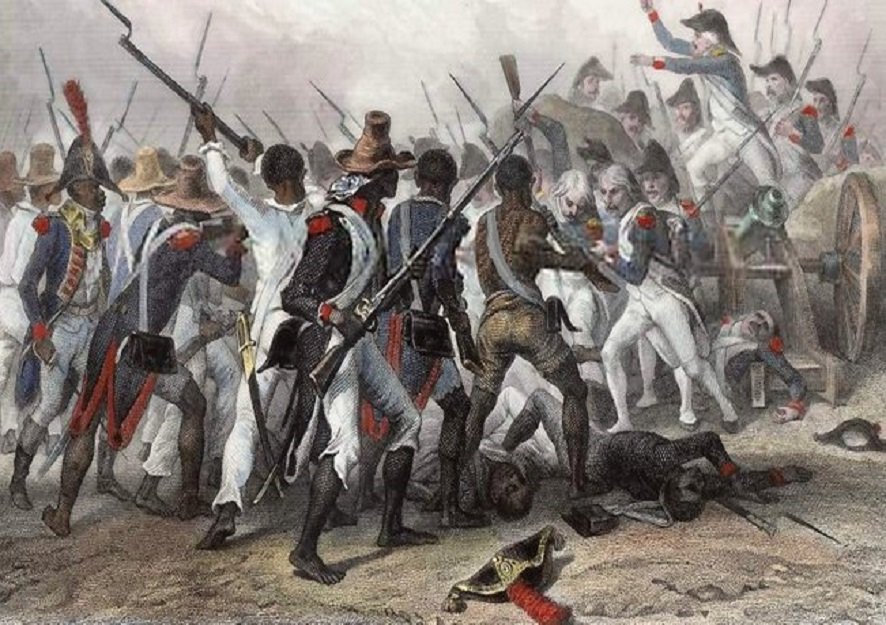Once widely celebrated U.S. rapper-producer Kanye West has struck a nerve with many of his recent tweets. While many of his tweets have been concerning (his love for U.S. president Trump?), his recent spats suggesting that slavery is a choice that was made by slaves – to stay in slavery – is outright infuriating.
“When you hear about slavery for 400 years … For 400 years? That sounds like a choice,” the rapper said during an interview with TMZ.
“You were there for 400 years and it’s all of y’all. It’s like we’re mentally imprisoned,” he explained.
The rapper’s subsequent tweets show that his beliefs, which have since come to trend under the #IfSlaveryWasAChoice hashtag, is deep-seated and must not be dismissed.
to make myself clear. Of course I know that slaves did not get shackled and put on a boat by free will
— KANYE WEST (@kanyewest) May 1, 2018
My point is for us to have stayed in that position even though the numbers were on our side means that we were mentally enslaved
— KANYE WEST (@kanyewest) May 1, 2018
But is this just a Kanye problem?
The thousands of likes and retweets on his status indicate that it is not. Some defenders of the #SlaveryIsAChoice perspective have gone so far as to argue that African participation in slavery and the long existence of slavery are sufficient proof that slavery existed because enslaved Africans permitted, or “chose” it. But, this is not true.
Slavery was not a choice and the many acts of resistance throughout America’s 400-year slave history prove so! Historians count 313 slave revolts – defined as “an action involving 10 or more slaves, with freedom as the apparent aim [and] contemporary references labeling the event as an uprising, plot, insurrection, or the equivalent of these” – throughout the United States.
A glimpse at revolts by enslaved Africans around the world proves that there were hundreds of thousands of slave rebellions during America’s 400-year slave history. Many revolts against slavery in America, the Caribbean, and Africa fed into each other, were all successful, directly and indirectly, and gave birth to our society and world as we know it today.
The list below is by no means exhaustive but it is indeed a powerful reminder that again, slavery was not a choice. Enslaved Africans resisted the inhumane practice wherever they found themselves. It is important that we do not let the inaccurate and insensitive revision of slave history as a choice by the enslaved to permeate or remain uncontested.










